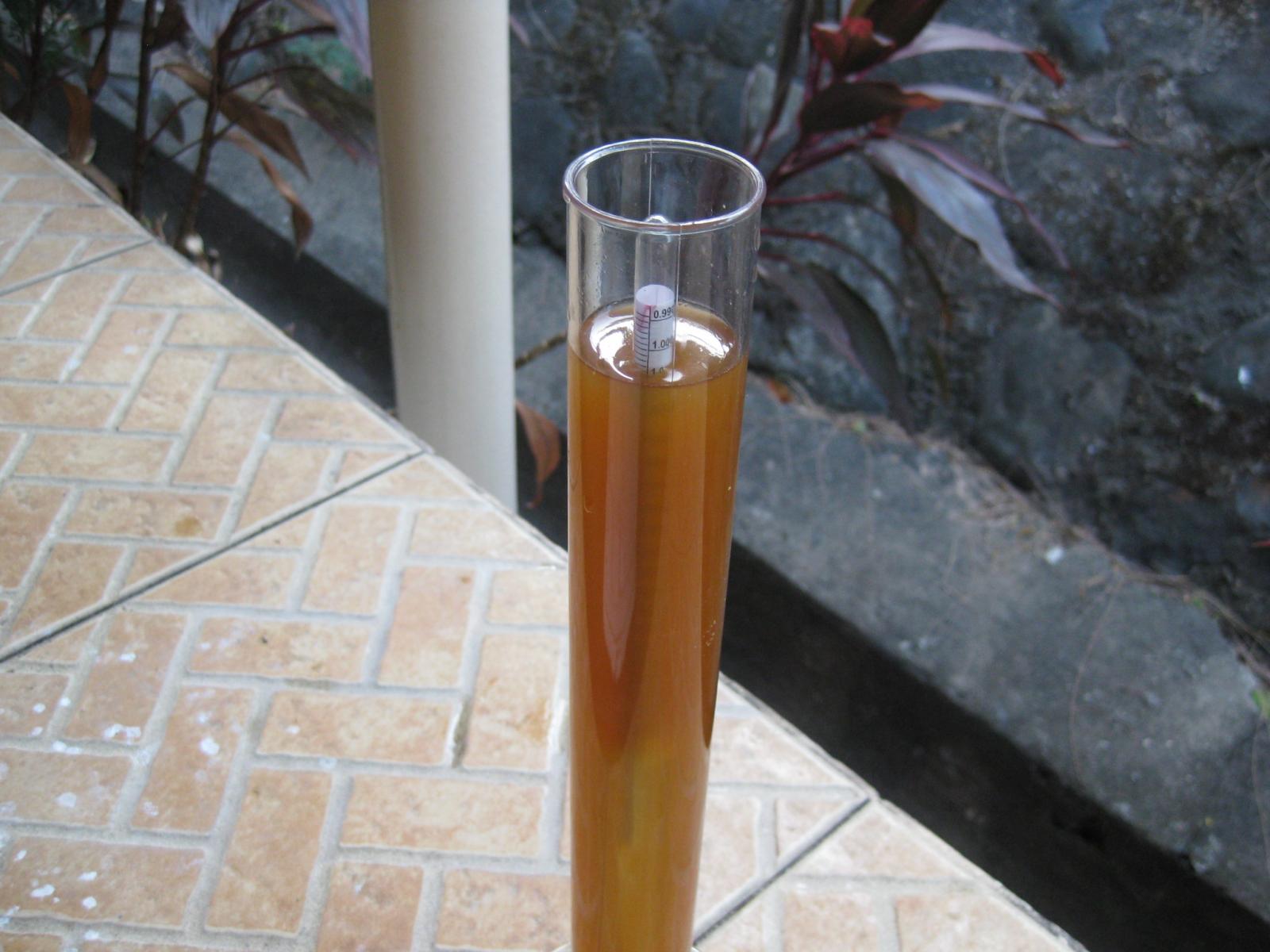ZogCity2015
Member
I finally made the jump! Purchased a starter brewing kit 1 week ago, brewed my first extract beer yesterday. Now I'm just fermenting away. Chose a Russian Imperial Stout from LHBS. I have one question. How do you wait so long to taste the final product????? I'm brewing an American IPA next Sunday, because it was that much fun. I'm hooked, before I even get I to all grain brewing!
























![Craft A Brew - Safale S-04 Dry Yeast - Fermentis - English Ale Dry Yeast - For English and American Ales and Hard Apple Ciders - Ingredients for Home Brewing - Beer Making Supplies - [1 Pack]](https://m.media-amazon.com/images/I/41fVGNh6JfL._SL500_.jpg)



































